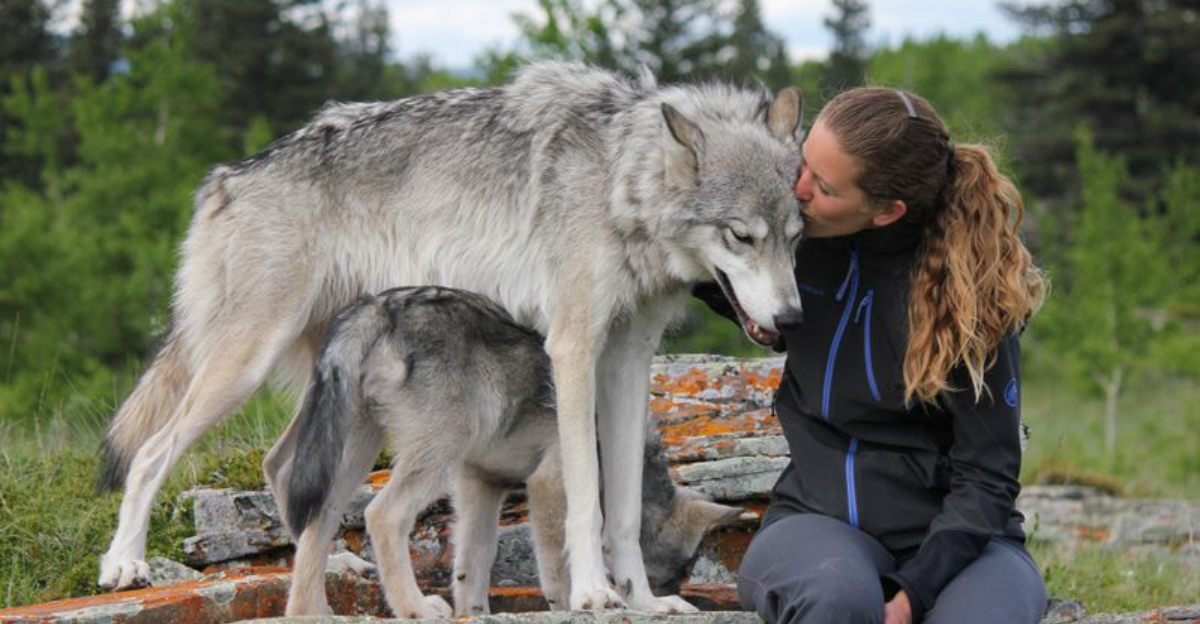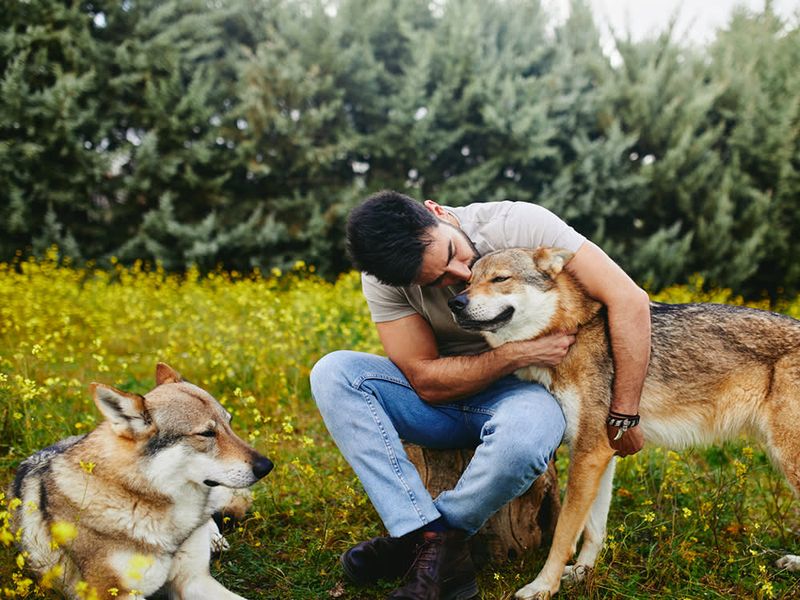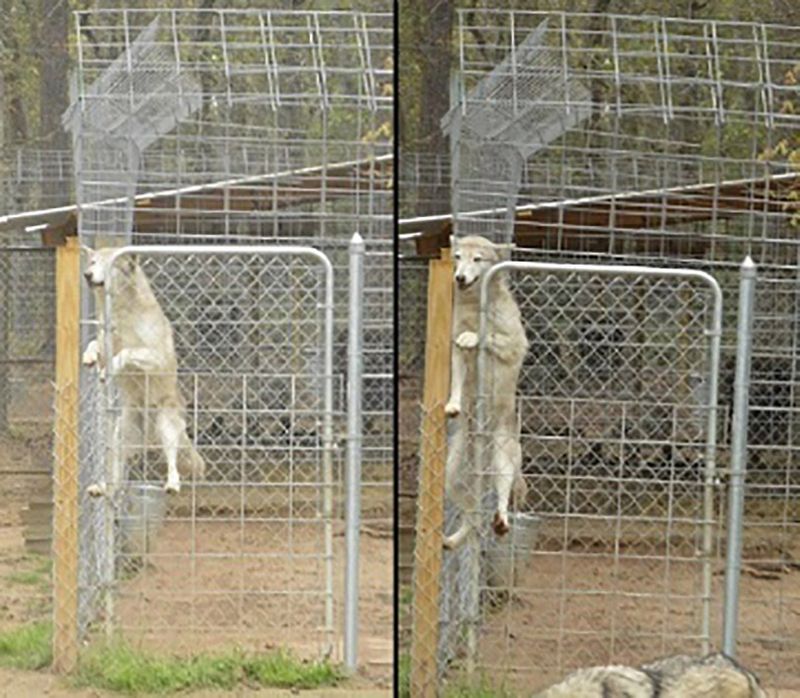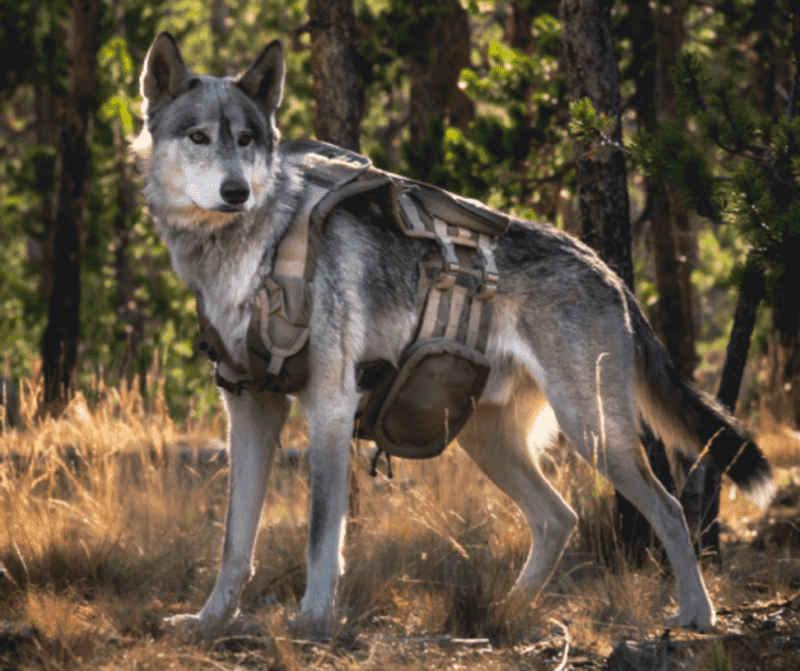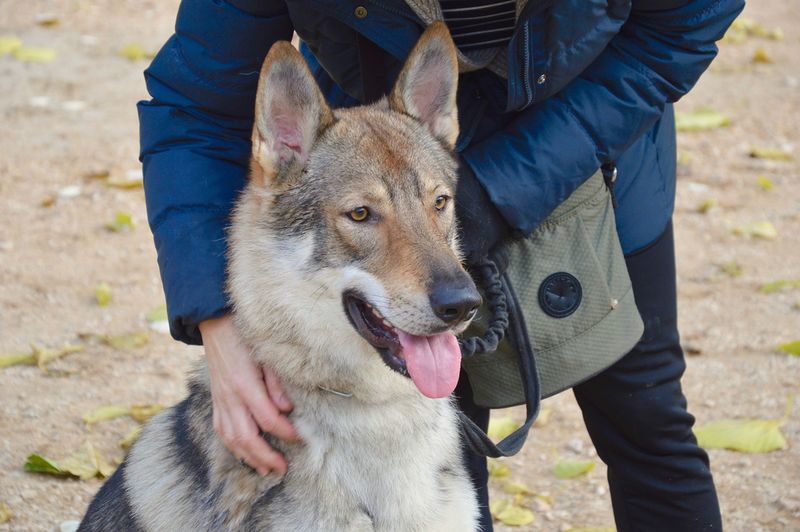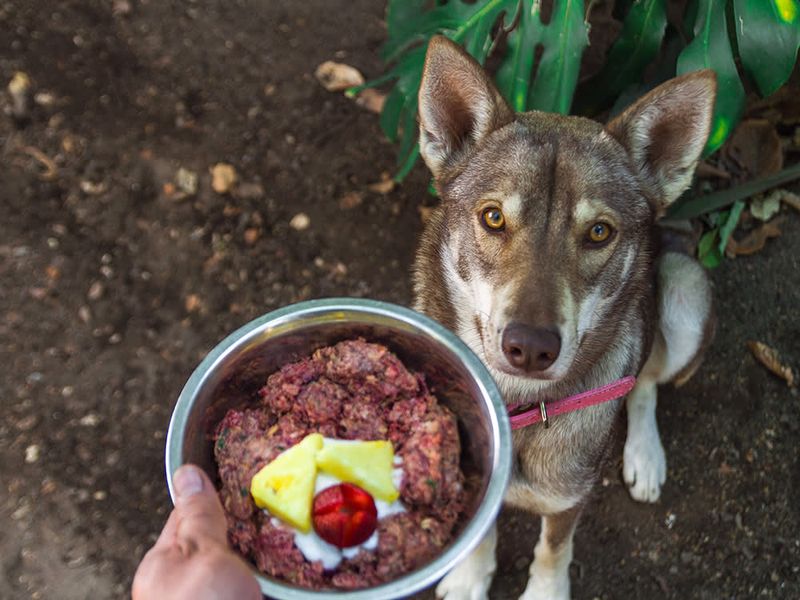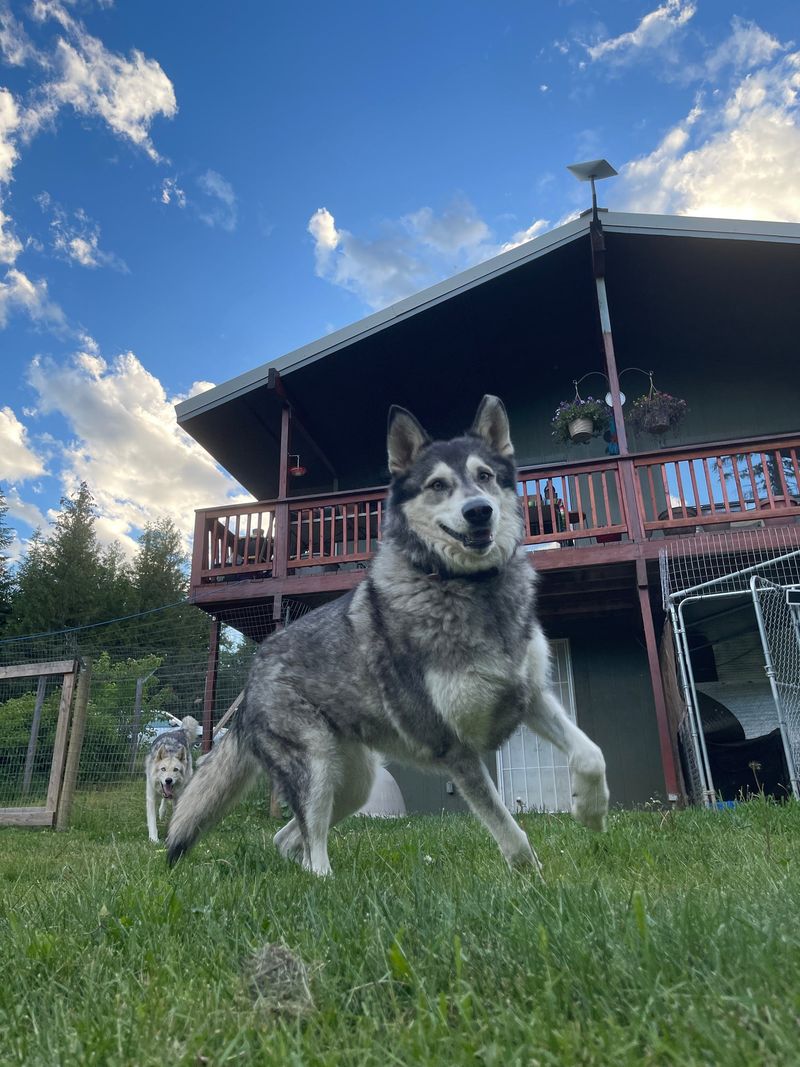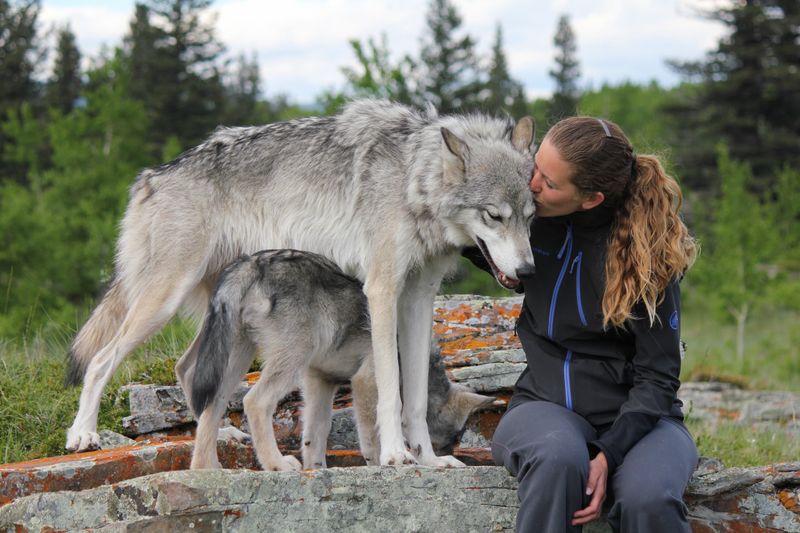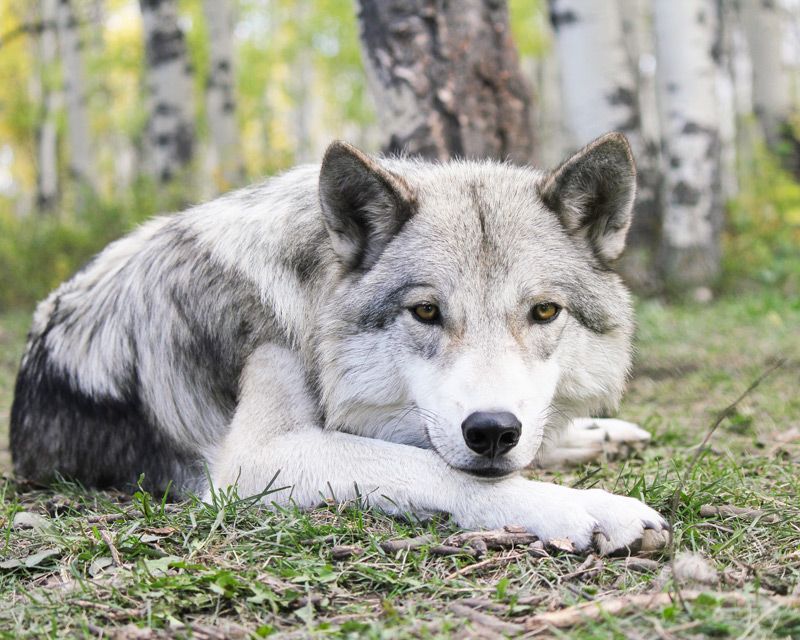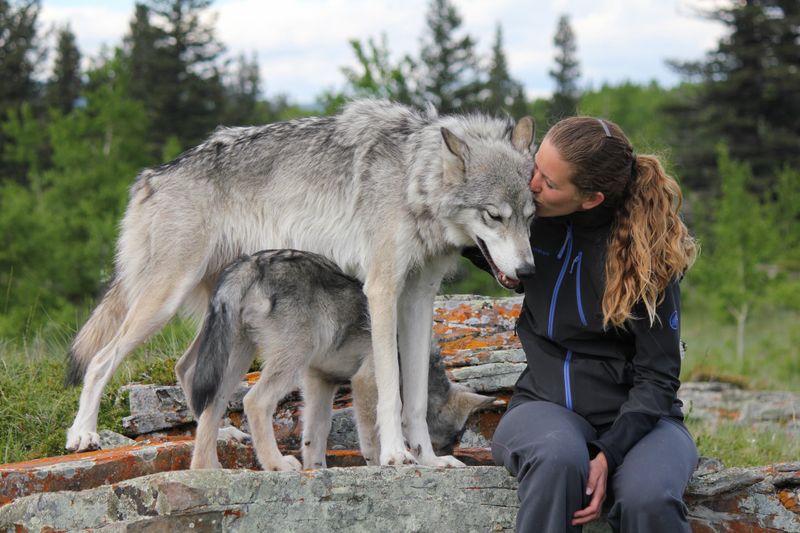Owning a wolfdog can be a rewarding yet challenging experience. These hybrid animals are part wolf and part domestic dog, bringing unique traits and requirements. Before deciding to bring a wolfdog into your home, it’s essential to understand their behavior, needs, and the responsibilities that come with them. This guide will walk you through 12 crucial facts to consider.
Understanding the Hybrid Nature
A wolfdog is not just any pet; it’s a hybrid with a complex identity. Having both wolf and dog lineage, they exhibit a combination of traits from both species. This can mean wild instincts paired with the familiarity of a domestic dog. Balancing these instincts requires careful understanding and respect for their wild side.
Did you know? The percentage of wolf DNA can vary widely in wolfdogs, affecting their behavior and appearance significantly. This unpredictability makes owning them both intriguing and demanding.
Legal Considerations
Before bringing a wolfdog home, it’s imperative to check local laws. Many regions have specific regulations regarding wolfdog ownership due to their wild ancestry. Some areas may require special permits, while others might have outright bans.
Understanding these legalities can save you from potential fines or the heartbreaking situation of having to give up your pet. Research thoroughly to ensure compliance with local, state, and federal laws regarding exotic pets.
Socialization Needs
Socialization plays a crucial role in a wolfdog’s life. Due to their unique genetic makeup, they require extensive interaction with humans and other animals from a young age. This helps in mitigating any aggressive tendencies and promotes a well-adjusted pet.
Wolfdogs often exhibit pack-like behavior, making early and consistent social interactions vital. Owners should be prepared to dedicate time and effort to ensure their wolfdog is comfortable in various social settings.
Training Challenges
Training a wolfdog can test even the most patient individuals. Their high intelligence combined with independent streaks makes them challenging. Standard dog training methods often fall short, requiring innovative and persistent strategies.
With consistency and positive reinforcement, however, these animals can learn effectively. It’s crucial to start training early to harness their potential and ensure a harmonious relationship.
Dietary Requirements
Feeding a wolfdog requires more than just kibble. Their diet should closely mimic what they would eat in the wild, often consisting of raw meats, bones, and some vegetables. This diet supports their health, energy levels, and overall well-being.
Consulting with a veterinarian experienced with wolfdogs can provide tailored advice. Proper nutrition is a cornerstone of responsible ownership, contributing to a happy, healthy pet.
Exercise Demands
With energy levels that match their wild counterparts, wolfdogs need plenty of exercise. Regular walks, runs, and play are essential to keep them physically and mentally stimulated. Without adequate exercise, they may become bored, leading to destructive behaviors.
Owners should be prepared to invest time in fulfilling these needs daily. Outdoor adventures can be a bonding experience and provide the necessary outlets for their high energy.
Housing Considerations
Housing a wolfdog requires secure and spacious environments. Fencing should be high and robust to prevent escapes, as these animals are natural explorers. A large yard offers them room to roam and satisfies their instincts.
Inside the home, providing safe spaces and enrichment activities can make them feel comfortable. It’s essential to consider these needs to ensure they thrive in a domestic setting.
Behavioral Quirks
Wolfdogs are known for their curious and sometimes enigmatic behavior. They may howl more than bark and display other wolf-like traits, such as heightened alertness and keen senses. Understanding these quirks can enrich the bonding experience.
These behaviors are part of their charm, reflecting their wild heritage. Patience and observation help in appreciating their unique personality.
Health Concerns
Wolfdogs can be prone to specific health issues tied to their genetics. Routine veterinary care is crucial to catch any potential problems early. Some may experience joint issues or dietary sensitivities, requiring specialized attention.
Regular check-ups with a vet knowledgeable about wolfdog health can lead to early diagnosis and treatment, ensuring a longer, healthier life for your pet.
Bonding with Family
Wolfdogs can form strong bonds with their human family, but it requires time, patience, and understanding. Building trust is key, and once established, they can be loyal companions.
Interaction through play and shared activities strengthens these bonds. It’s a rewarding experience, as their affection is genuine and heartfelt, reflecting the deep connection that can develop between species.
Lifespan Expectations
With a lifespan that can reach up to 15 years, wolfdogs are long-term commitments. Owners need to be prepared for the responsibility over the years, adapting to their changing needs as they age.
Understanding this lifespan helps in planning for their care and companionship. It’s a journey of growth, shared experiences, and enduring memories.
History and Heritage
The history of wolfdogs dates back centuries, with origins in human-wolf cooperation. They have been companions in hunting and protection, reflecting a deep-seated relationship between humans and wolves.
Exploring their lineage can provide insight into their behavior and instincts. This historical context adds a rich layer to understanding and appreciating these majestic animals.
